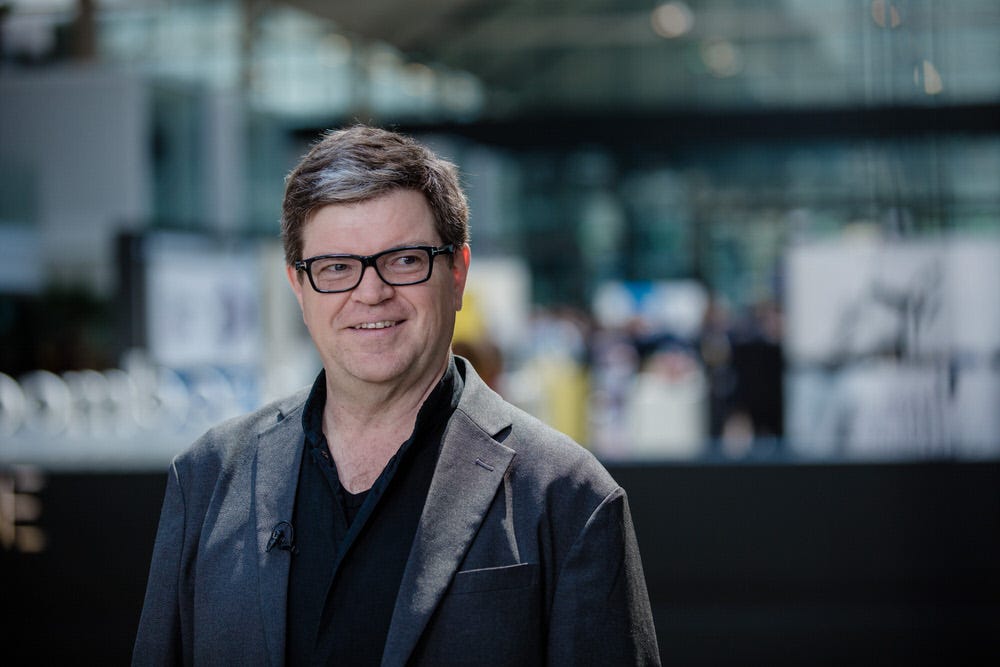The Future of A.I. according to Yoshua Bengio and Yann LeCun
A.I. Luminaries have interesting ideas on the future of artificial intelligence.
Dear Reader, this won’t be an in-depth article but more like a glancing blow Op-Ed.
AiSupremacy is all about covering the biggest stories I can find in artificial intelligence. You can also find me on iOS via a notification, if you prefer that to checking your Email.
Yoshua Bengio and Yann LeCun are among the most watched academics in A.I., so it’s inter…
Keep reading with a 7-day free trial
Subscribe to AI Supremacy to keep reading this post and get 7 days of free access to the full post archives.




